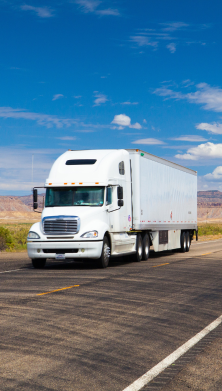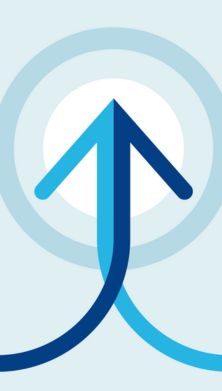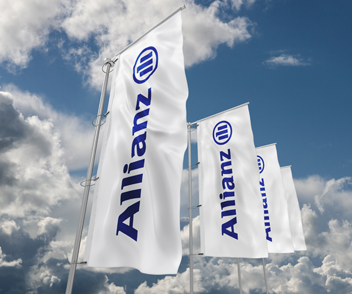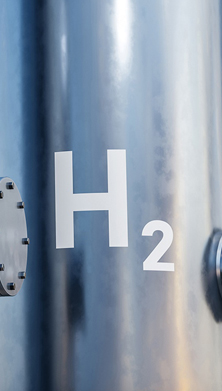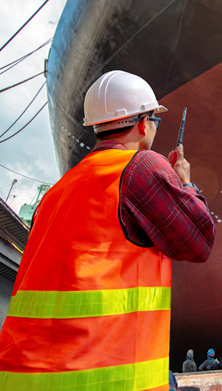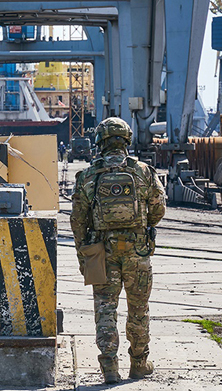The survey
Global Risk Dialogue joined an operations manager and a risk engineer on an onsite visit to oversee the safe lifting of a 126 ton gas plant.
Kiran Pillai, Allianz Risk Consulting (ARC) Operations Manager at AGCS, oversees support staff who assist ARC engineers with administrative tasks. In order to better understand what the engineers do on a daily basis, he joined an ARC Marine onsite survey at Turbo Technik, a ship repair company in Wilhelmshaven, Germany.
ARC Senior Marine Risk Consultant, Anastasios Leonburg, a former captain with more than 15 years of experience in heavy cargo lifts, was to oversee the transport of a gas processing plant weighing 126 tons from the company’s construction facility to a pier 300 meters away where it would be loaded onto waiting ships via two 500 ton cranes. A loading accident could have created a several million Euro loss.
The lift
By noon, the lifting contractors had successfully transported the cargo from Turbo Technik’s warehouse to the pier using a self-propelled modular transporter. In the late afternoon, Leonburg sat together with the client and discussed the lift. Daylight ended at 5:45 p.m., so he organized industrial lights to be hooked up.
Finally, the lifting operation started at 8:00 p.m. But it wasn’t straightforward. As soon as the cranes lifted the cargo it tilted about 10 degrees. Based on his heavy-lift experience, Leonburg knew the operational risk was too high. He had another discussion with the client and the lifting contractor. Perhaps the center of gravity was miscalculated or the cranes were set up incorrectly. No matter what reason, the tilt of the cargo increased the risk of a mishap. The ship’s cargo hold was too narrow for the cargo to be placed safely in darkness and the lifting crew was physically exhausted from working nonstop for over 12 hours. Leonburg suggested that the work continue the next day.

Next morning, the lifting contractors realized they had attached the lifting cables incorrectly, thus causing the tilt. The lift was done without any tilt after fixing the issue, so the cargo could be placed onto the ship. However, a new issue arose.
While lowering the cargo, the straps started to rub against the cargo hold on one side, increasing the risk of breakage, as well as cargo and ship damage, endangering crew safety. Leonburg knew that the cargo could not be placed into the hold without the rubbing. He requested that the cargo be lifted, asked the ship's captain to tilt the ship towards the side where the straps were rubbing and then requested the contractors to attach fiber pads to reduce friction. Eventually the cargo was successfully placed onto the ship's hull.






